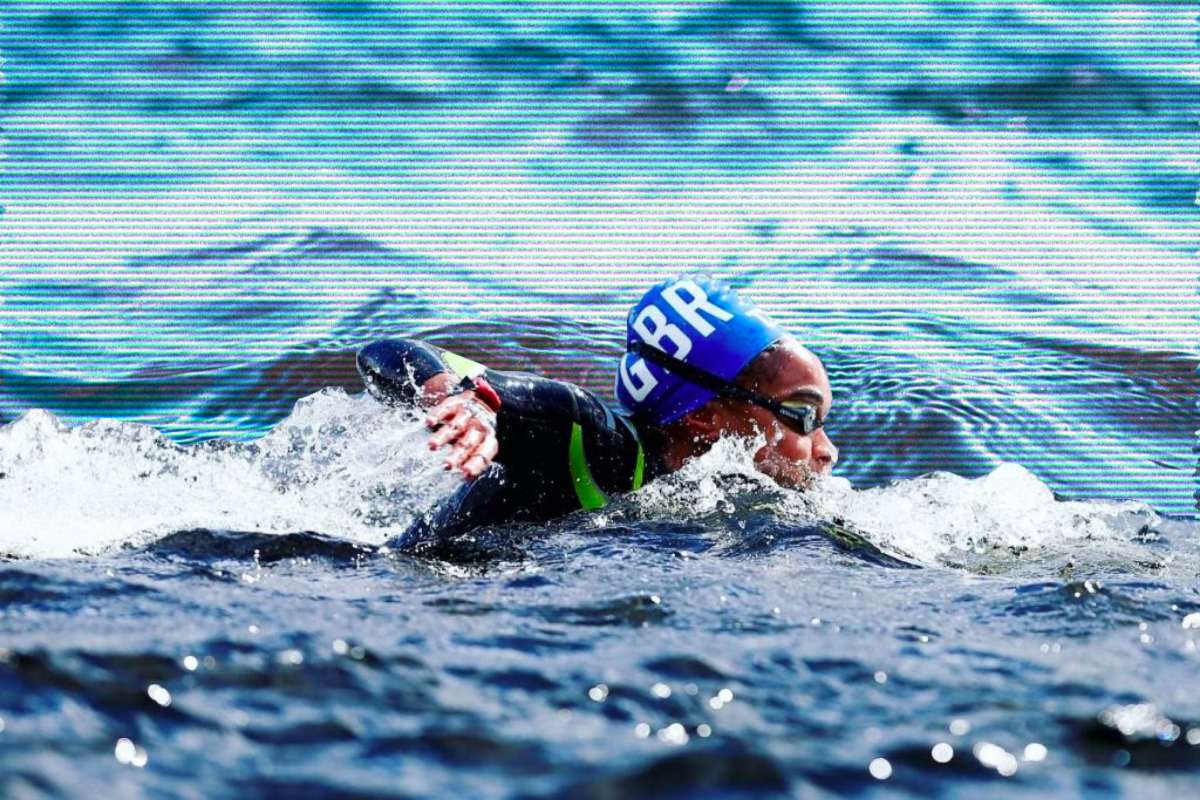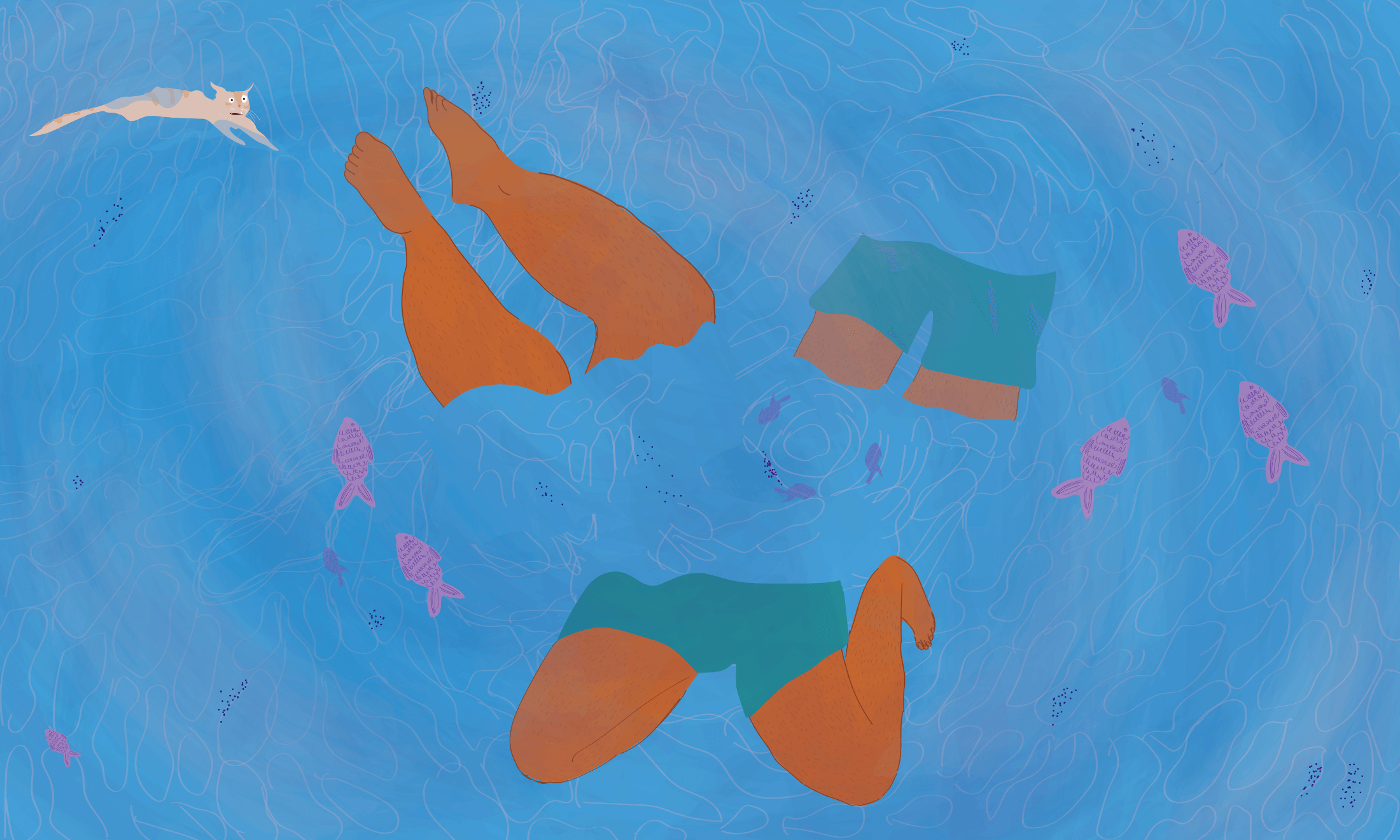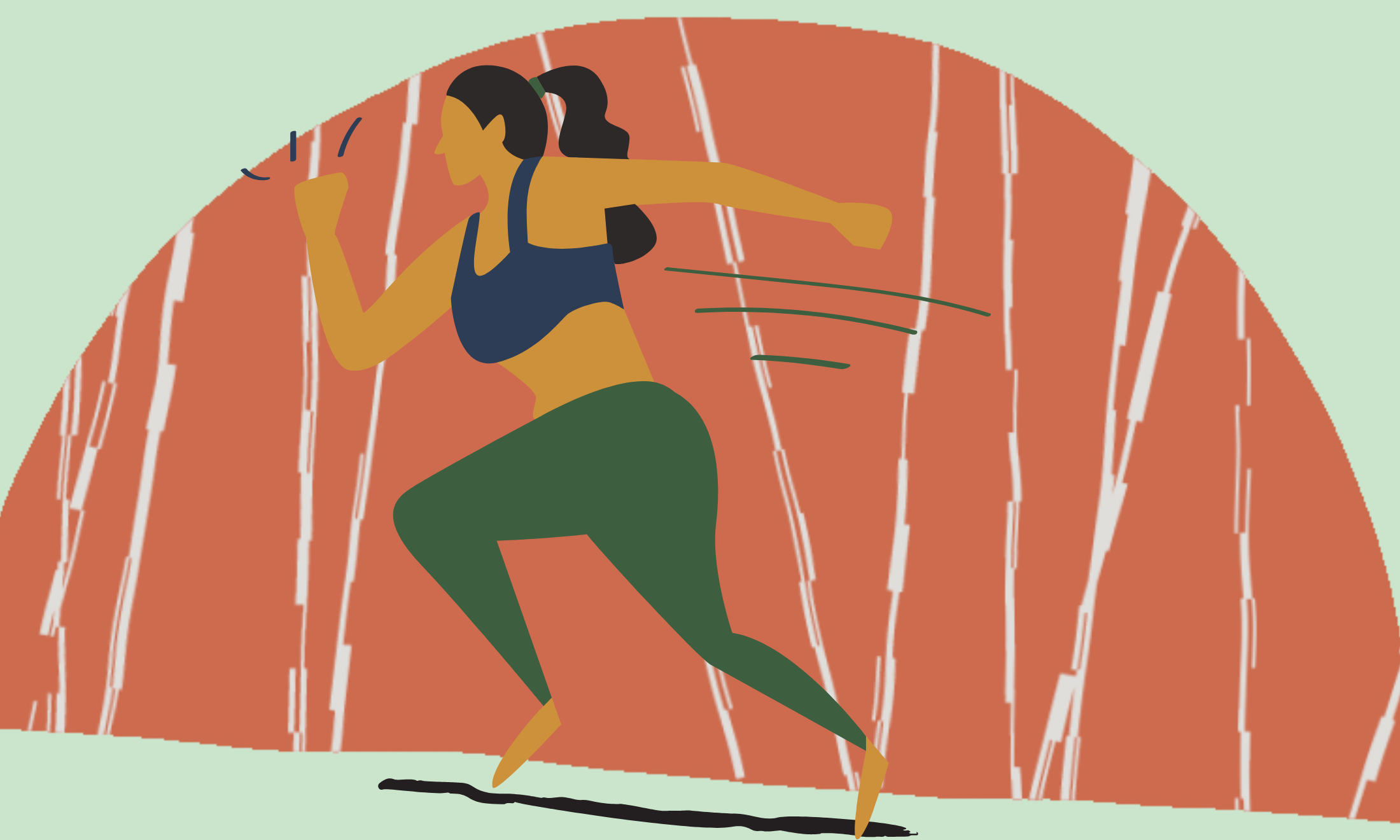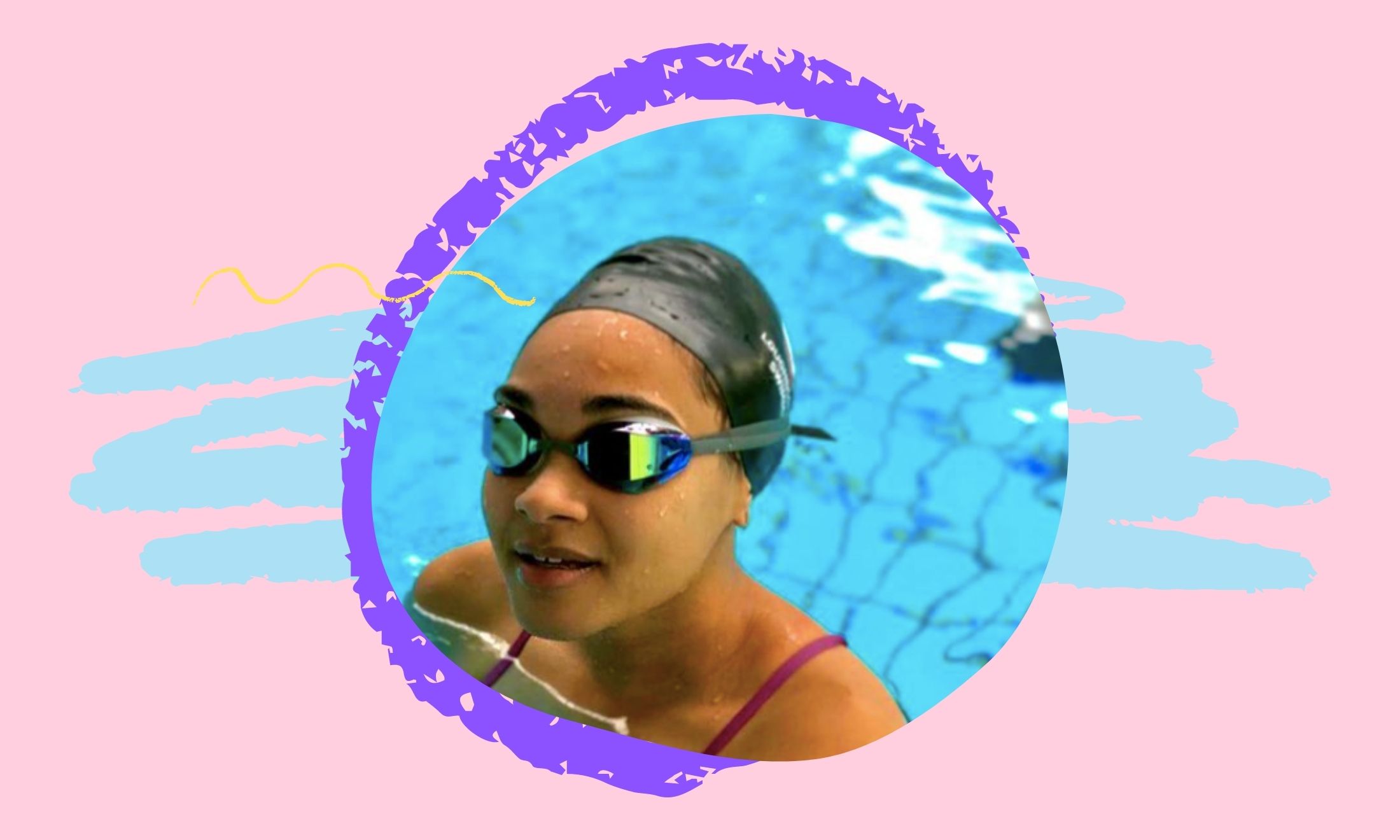
‘Black people can’t swim’ is a stereotype, but it can also be deadly
95% of black British adults do not swim – here's why we're trying to change that.
Seren Jones
03 Mar 2020
Photography courtesy of Alice Dearing
80% of young black people and children in England do not swim. That percentage rises to 95% for black adults in England.
There are many possible reasons for why there’s such a shortage of black people involved in swimming – both competitive and recreational. Swimming is a sport that requires much more time and money than sports where black athletes dominate. Fees stem from swim gear, racing suits worth hundreds of pounds, intensive training trips abroad, and competition entry charges. Arguably, we could also factor in the racism that surrounds the history of swimming, stemming back to the era of segregation in the west, when black people were not allowed to access swimming pools – and on the occasions that they were, they were unsafe and neglected. This era indirectly contributed to aquaphobia – a mindset that still persists in many of our elders, who didn’t get the opportunity to learn the skill, and consequently believe it’s safer to stay out of the water completely than learn how to swim.
And of course there’s accessibility – most pools across the country weren’t built in inner city areas where most black people live – if you can’t get there you can’t take part. In many ways, swimming, as a sport, feels like it wasn’t made for us.
“There is a racist history that surrounds swimming, stemming back to segregation, when black people were not allowed to access swimming pools”
All of this has an effect on our present mindset about swimming. If you ask most black people or people of colour if they can or do swim, you’ll probably hear several versions of the same answer. We might prioritise our hair, or say we don’t see the representation that we need, or even question our bone density. The lack of diversity in the recreational side of swimming inevitably influences representation on the competitive side, where, according to an FOI carried out by the BBC last year, only 668 competitive swimmers who are registered with Swim England are black or mixed race – out of more than 73,000. This also largely explains why only two black swimmers have represented Team GB in the water on the international stage.
But most importantly, we fail to fully comprehend the significance of swimming, not just as a sport, but as a potentially lifesaving skill. Until we understand this, our communities will remain highly at risk, despite such incidents being preventable. Black and minority ethnic children and young people are at increased risk of drowning – especially among the company of others, and among their white peers. Most drownings in the UK happen in inland areas – such as rivers, reservoirs and lakes – and according to the most of those who do drown didn’t have any intention of getting into the water in the first place. This paints a scary picture for young people too – be it through school trips or peer pressure, every year children find themselves in water based locations, unequipped and vulnerable.
Marry all of this information and it’s a pretty bleak reality. And this is where the story of the Black Swimming Association comes in – a non-profit organisation set up to highlight the importance of swimming as an essential life skill, and in turn, to work to prevent drowning in the black and minority ethnic community. We want to address under-representation of the BAME community in aquatics (both recreationally and competitively), by tackling barriers like affordability, accessibility, aquaphobia, lack of representation and social stereotypes related to the sport.
“Only 668 competitive swimmers who are registered with Swim England are black or mixed race – out of more than 73,000”
As the first non-profit of our kind, we will be working with the aquatic community including Swim England, The Swimming Teachers’ Association and collaborating with other swimming charities to design projects and programmes suited to the unique aquatic needs of our communities. We’ll be helping with everything from setting up a BSA membership; to providing accessible information about aquatic events and news to the community; to holding fast-track swim lessons for children during the Easter and summer holidays. These will be hosted in regions with the highest black British populations in the UK, with a focus on London, Birmingham, Manchester and West Yorkshire.
Along with filmmaker, Ed Accura, and Danielle Obe, inventor of The Nemes swim scarf, as the co-founders of the BSA we are looking towards the future, and working towards real solutions to the race issues that surround swimming. Although there is a small percentage of the black community that does swim, we want to increase these numbers. The more of us who can swim, the more access we have to all the benefits the sport can bring – from engaging in a new fun hobby, to potentially saving our own lives.
This article is written in memory of Shukri Abdi, Christopher Kapessa, Kyrece Marshall, Jonathan Adebanjo, Gabriel, Praise-Emmanuel and Comfort Diya, and all others who have lost their lives to accidental drowning – whether the victims could swim or not.









